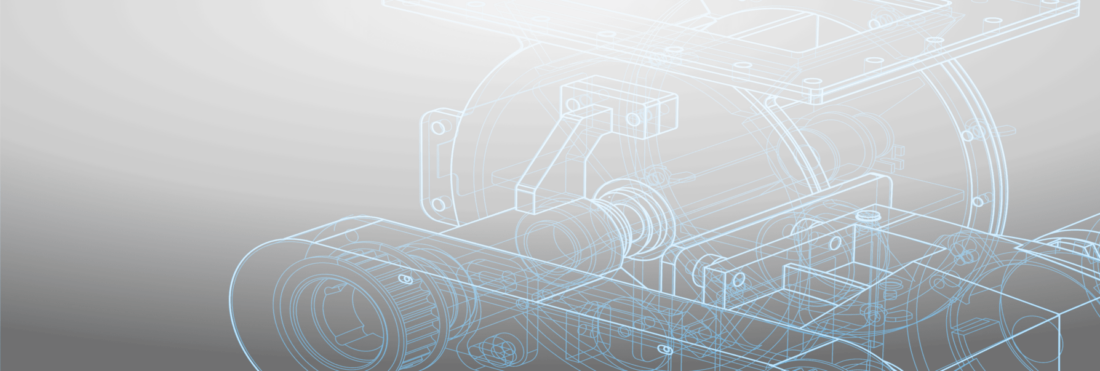In custom manufacturing, timing is everything. A solid production schedule keeps things running smoothly and lets you deliver jobs on time (and on budget). But, scheduling can be challenging for custom manufacturers, especially when unexpected delays occur, or priorities shift.
The best way to stay on top of scheduling is to use a manufacturing-specific Enterprise Resource Planning (ERP) system. ERPs help custom manufacturers create accurate schedules that keep production on track and ensure your shop runs smoothly and efficiently, letting you increase your throughput and deliver jobs without delays.
What is Production Scheduling?
Production scheduling involves planning each stage of the manufacturing process to ensure that goods are delivered on time. For custom manufacturers, this means carefully coordinating materials, people and machines to ensure everything runs smoothly and efficiently.
Production scheduling is more than just timelines; it’s also about using resources efficiently, optimizing workloads, and reducing downtime to ensure that every part of the process runs smoothly. Good scheduling helps manufacturers avoid delays, prevent bottlenecks, and cut costs.
Key Steps in Production Scheduling
- Planning: Plan what needs to be produced, when, and with which resources, ensuring materials, machines and staff are available.
- Routing: Map out each product’s path through the shop floor, arranging tasks in the most efficient order to save time and resources.
- Scheduling: Set specific times for each task to keep production on track and meet delivery promises.
- Communication: Give everyone the details to complete tasks accurately and keep operations flowing smoothly.
- Tracking: Monitor job progress and make adjustments to prevent minor issues from becoming major delays.
Why Manufacturers Need an ERP for Scheduling
Enterprise Resource Planning (ERP) systems simplify scheduling for manufacturers by centralizing production data and automating key tasks, making it easier for custom manufacturers to create, execute and track production schedules.
All Your Data in One Place
ERP systems give you a single system to manage all of your production-related data. By centralizing information on materials, staffing, and inventory, everyone has access to the same real-time information. This not only makes planning easier but also improves communication across departments. By connecting production scheduling with areas like purchasing, sales, and inventory management, ERPs let you coordinate production with demand.
Improved Priority Management
The advanced shop floor planning and scheduling tools in manufacturing-specific ERPs let you coordinate resources based on their availability and your shop’s capacity. ERPs help you better manage constraints and schedule work centers, personnel, and materials based on your BOM, actual workload, and capacity to align your entire company.
Real-Time Adjustments
An ERP system allows you to make real-time adjustments to your schedule when priorities change, or something unexpected happens, like a machine goes down. ERPs help you keep production on track and reduce downtime.
Smart Reporting and Analytics
ERPs provide detailed reports that analyze shop performance, identify trends, and make data-driven decisions. These insights help custom manufacturers continuously improve scheduling efficiency and better plan for future needs.
4 Benefits of Using an ERP for Scheduling
Greater Efficiency
An ERP maximizes your shop’s efficiency by reducing downtime and using resources effectively. With everything connected in one system, workers and machines are coordinated efficiently, minimizing delays and increasing productivity.
Enhanced Visibility and Control
An ERP gives you complete visibility into your manufacturing processes. Real-time data lets you track job progress and identify production bottlenecks, allowing you to react quickly to issues and make the necessary adjustments to keep your shop on track. With an ERP, you have better control over the entire production process, and your shop will run more smoothly.
Improved Delivery Times
An ERP system keeps your production on schedule, ensuring orders are delivered on time. With advanced scheduling features and the ability to handle shifting priorities, you can prevent delays and complete jobs within the promised timelines. This boosts customer satisfaction and lets you build a strong reputation for reliability.
Cost Savings
Effective scheduling helps you better control costs. More accurate schedules let you cut unnecessary expenses by managing inventory more precisely, using labor hours more efficiently, and optimizing machine time. With an ERP, you can avoid expensive delays and cost overruns, helping you better control your budget.
For manufacturers looking to streamline production and improve scheduling, ERP systems provide tools to create accurate schedules, centralize information, and give better control over production processes. By using an ERP for scheduling, custom manufacturers can better coordinate their shop, increase efficiency, and ultimately grow their business.





